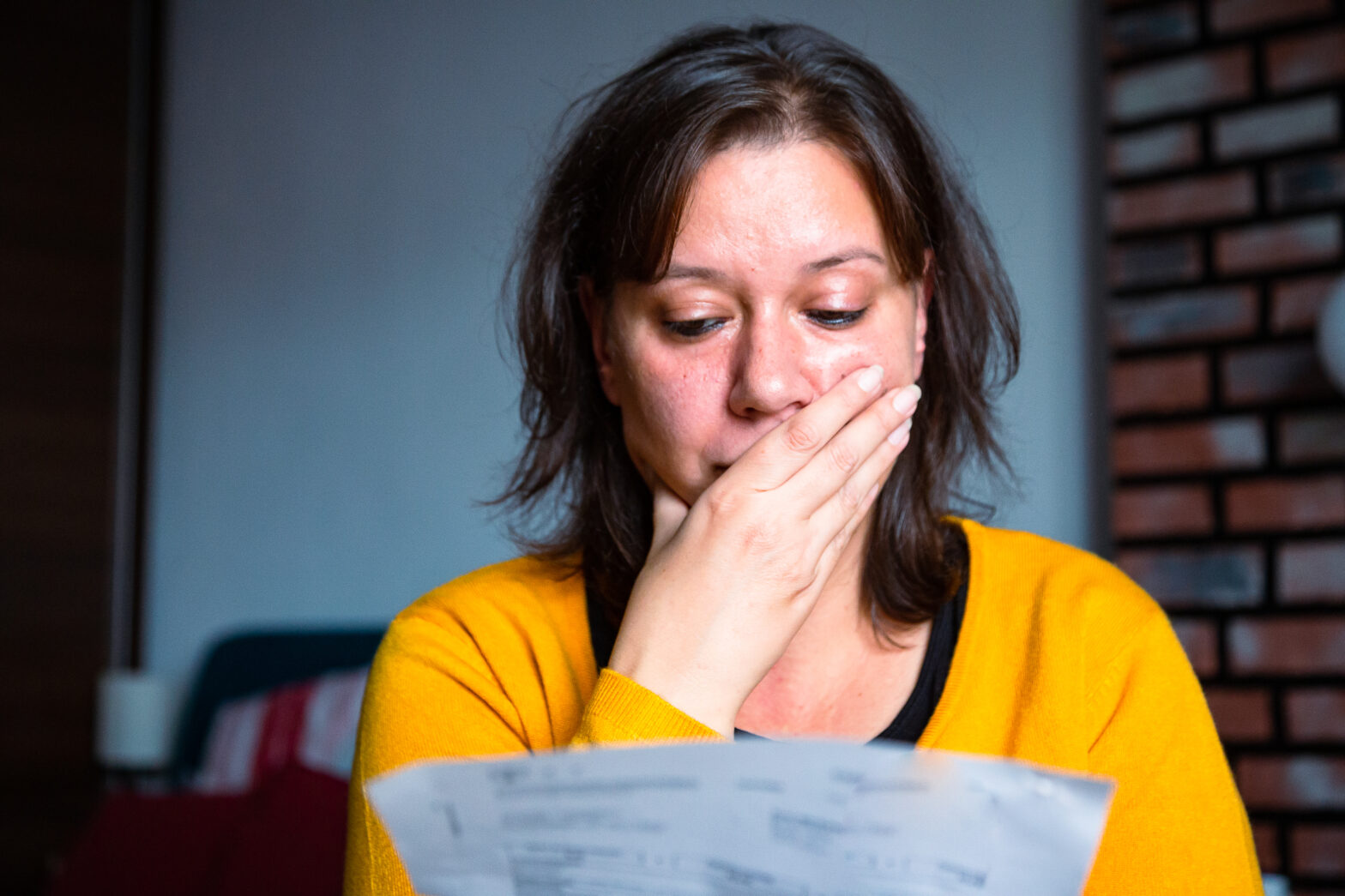Nine out of ten small firms are reporting higher costs, with costs outstripping income over the last six months, as the cost of doing business crisis bites.
One of the biggest increases in the cost of doing business has been in supplies and stock purchased, which has gone up by 21 per cent year on year.
Small businesses are also spending on average 37 per cent more on motor fuel since the beginning of 2022, according to digital SME bank Cashplus Bank.
>See also: One in four small businesses fear closure
At the same time, year-on-year the amount spent on air, rail and road transport costs has nearly doubled at 94 per cent.
And the amount of money small businesses spent on hotels and accommodation increased by 43 per cent, while restaurant bills inflated by 14 per cent.
Cashplus analysed data from its 150,000 small business customers on their card spending habits.
>See also: Third of businesses planning pay rises
Small business income and outgoings were broadly flat in the six months between August 2021 and February 2022. That is when the war in Ukraine began. Although income grew strongly at 25 per cent over that six-month period, outgoings also rose by 21 per cent.
That trend has now flipped with costs outgrowing income between March and September this year. Costs have grown by 10 per cent while income only grew by 8 per cent.
Rich Wagner, CEO of Cashplus Bank, said that with added uncertainty over energy costs from April next year, many small companies will be deeply concerned that the cost of doing business will become unmanageable.
Wagner said: “While the micro business population is diverse and varied, it’s obvious that this vital part of the UK economy is feeling the squeeze of the cost-of-living crisis.
“Small businesses will be seeing margins under real pressure as basic, unavoidable day-to-day costs increase, meaning otherwise-healthy businesses will be tipped into lossmaking.”





